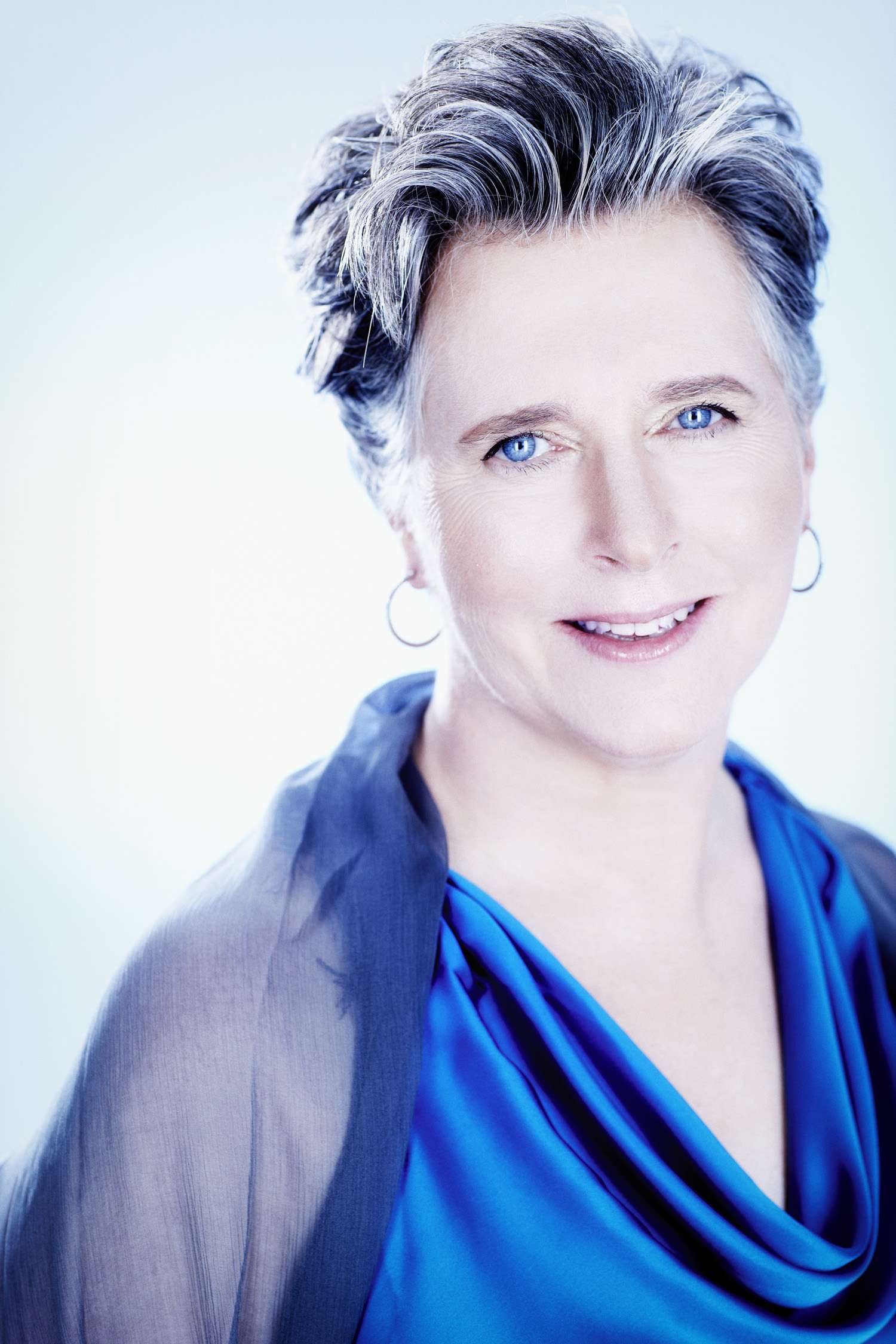|
Back
Hearing things afresh Toronto
Koerner Hall
05/30/2013 - & May 31*, June 1, 2, 2013
Fryderyk Chopin: Concerto for piano no. 2 in F Minor(arr. S. Maessen)
Ludwig van Beethoven: Symphony no. 4 in B-flat Major, op. 60 – Coriolan Overture, op. 62 – Egmont Overture, op. 84
Janina Fialkowska (piano)
The Tafelmusik Baroque Orchestra, Bruno Weil (conductor) 
J. Fialkowska (© Julien Faugère/ATMA)
This concert was unusual in really being two short concerts in one. Both were of solid - even unusual - musical interest.
The first “mini-concert” consisted of Chopin’s Second Piano Concerto in an arrangement made in 2009 by Dutch composer Sylvia Maessen for a chamber-sized ensemble of ten orchestral players: a string quintet, plus flute, oboe, clarinet, bassoon, and horn. Not only is the mini-orchestra composed of period instruments, the piano is also period, being a Pleyel from 1848, exactly the kind of piano Chopin played at the end of his life. The piano languished in a Paris basement for about over 100 years and was rescued and restored by Marcel Lapointe and his wife Isabelle Gagnon of Quebec City. In program notes, Lapointe alerts us to the fact that the piano’s keyboard has three distinct sections - this turned out to be very evident from the first notes played. The upper register is rather dry and thin compared to a modern concert grand, the middle register sounds more-or-less familiar, while the lower range gives a subterranean impression.
The concerto was played without conductor. Most of Tafelmusik’s concerts are performed this way so it came as no surprise that everyone seemed to effortlessly assume his/her place in the ensemble. Leader Aisslinn Nosky (usually lead second violin) seemed to give no special cues at all. I’m sure, like many, I spent the first movement just getting used to - and then marvelling at - the sheer newness of the experience. The Larghetto second movement was the highlight, with Janina Fialkowska giving us long stretches of liquid sparkle; the fact that the keys on the Pleyel dip eight mm (instead of the conventional ten mm) surely helps her achieve this - although she manages it very well on a regular concert grand. Given the small number of accompanying musicians one became ultra-aware of the part each contributes and then also of the structure of the concluding Allegro vivace. Overall, it was like revisiting a well-loved oil painting and discovering it is an exquisite watercolour.
For her encore Ms Fialkowska treated us to a probing performance of the Mazurka in A Minor (“Notre Temps”)), op. post.
The second part of the concert gave us the orchestra expanded to 41 players plus conductor Bruno Weil whose association with the orchestra goes back a good 20 years. Despite the “Baroque” in their name, the orchestra are now also old hands at performing Beethoven. Symphony No. 4 dates from 1806, the year following the premiere of the first version of Fidelio and I can’t help but hear echoes of the introduction to the opera’s dungeon scene in the sombre Adagio opening of the first movement. The music then erupts into Allegro vivace and was given as sinewy a performance as one could wish. The second and third movements had a kind of sophisticated, relaxed rusticity about them. The scurrying jokiness of the concluding Allegro ma non troppo was fully brought forth.
The somewhat topsy-turvy program ended with not one, but two overtures, played without pause (which worked fine). Also, with the overtures at the end, the second half was played in chronological order. The brooding nature of the Coriolan Overture (1807) was well expressed. It turned out to be a good lead-in to the Egmont Overture (1810) which is really more of a tone poem, what with its various sections foreshadowing the plot of the play it was written for - surely it helped inspire Franz Liszt in that direction. Weil and orchestra gave a gripping performance, with the orchestra’s valveless horn players making a thrilling contribution at the finale.
The Beethoven works were being recorded for future issue on the organization’s own Tafelmusik Media label. It would be great if a recording of this version of the Chopin concerto could be added to Janina Fialkowska's discography.
Michael Johnson
|